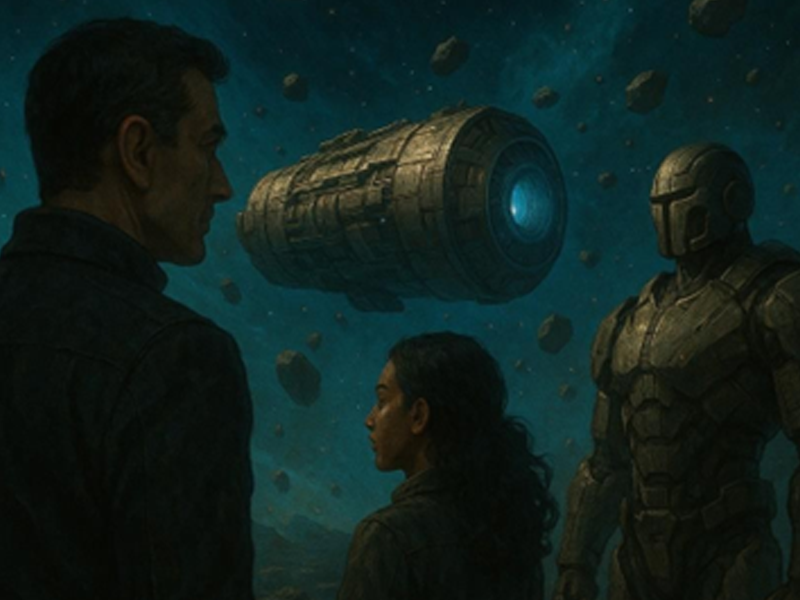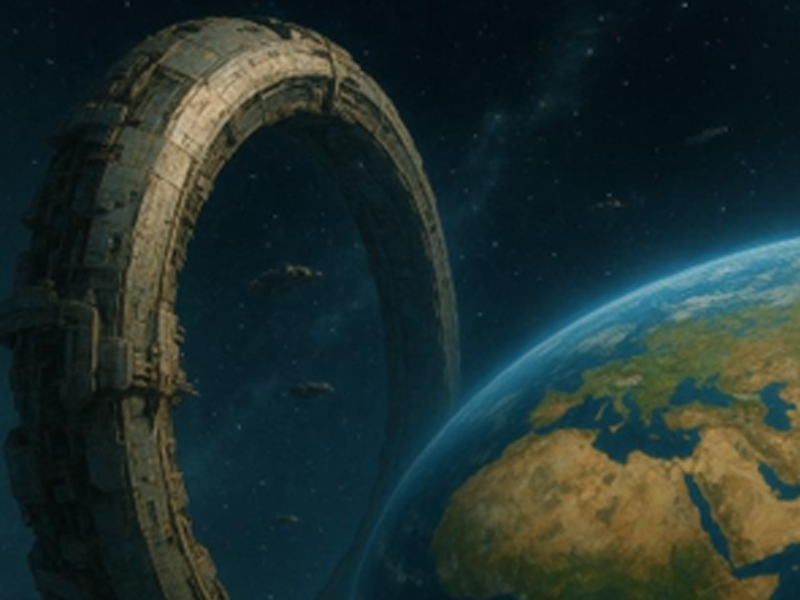One of the most intriguing aspects of Agamemnon Volume 1: Palisade is its deep dive into the forgotten threads of humanity scattered across the galaxy. In the novel, ancient alien abductors known as the Enki are revealed to have taken early humans from Earth, populating distant
planets without Earth’s knowledge. Thousands of years later, the descendants of those lost humans—now genetically and culturally distinct—are rediscovered.
The Enki, who vanished from the galactic stage, left behind a legacy of ethical horror and genetic manipulation. This galactic diaspora creates a fascinating premise: humans rediscovering and reconnecting with their own distant evolutionary branches. Duke explores the challenges of interspecies diplomacy when the species in question are all variations of Homo sapiens, yet so altered by time and circumstance that reintegration is anything but simple.
This is more than a clever sci-fi twist; it becomes a metaphor for diaspora, displacement, and reunion. The characters wrestle with issues of identity, belonging, and the burdens of forgotten history. As the AGAMEMNON III crew encounters a Teknoman scout ship—its crew still in hibernation—the question becomes not just how to wake them, but how to help them face a future where their home no longer exists.







